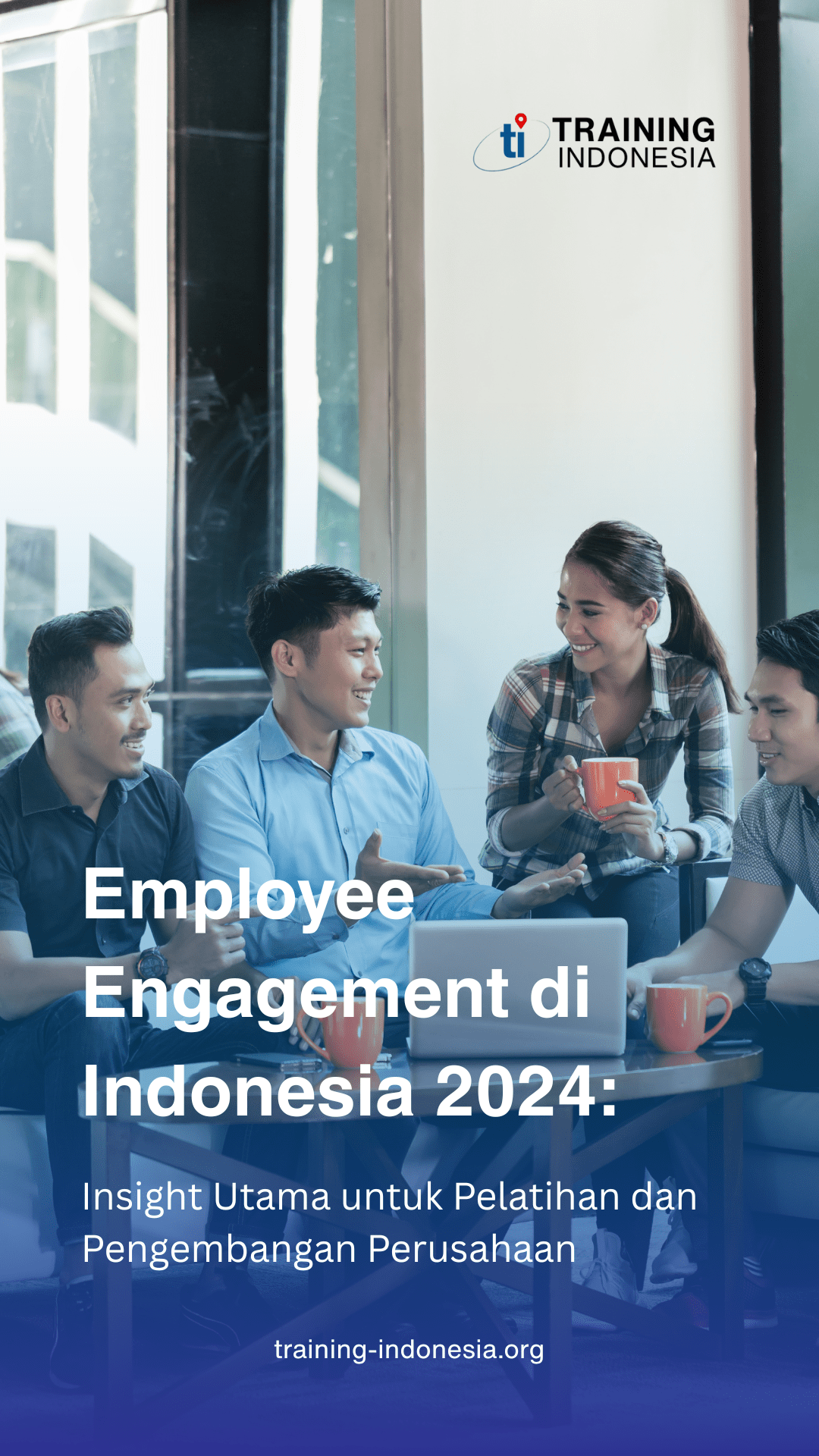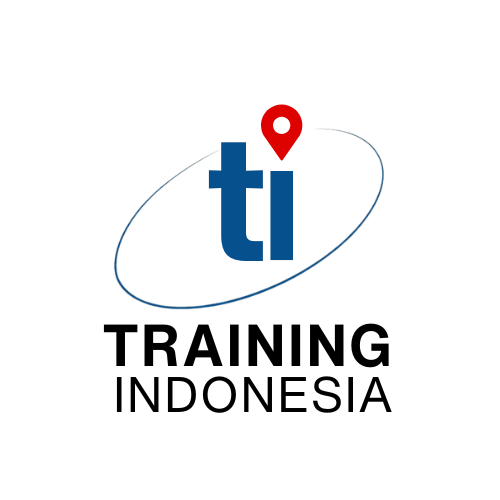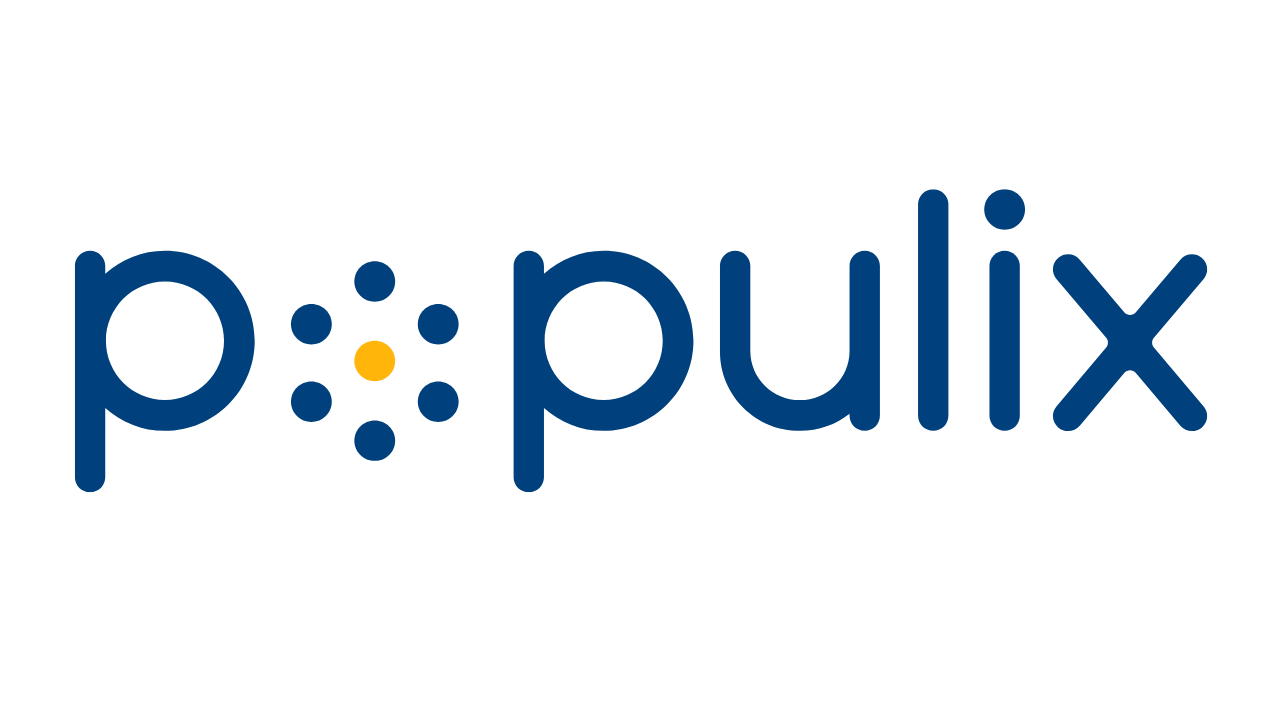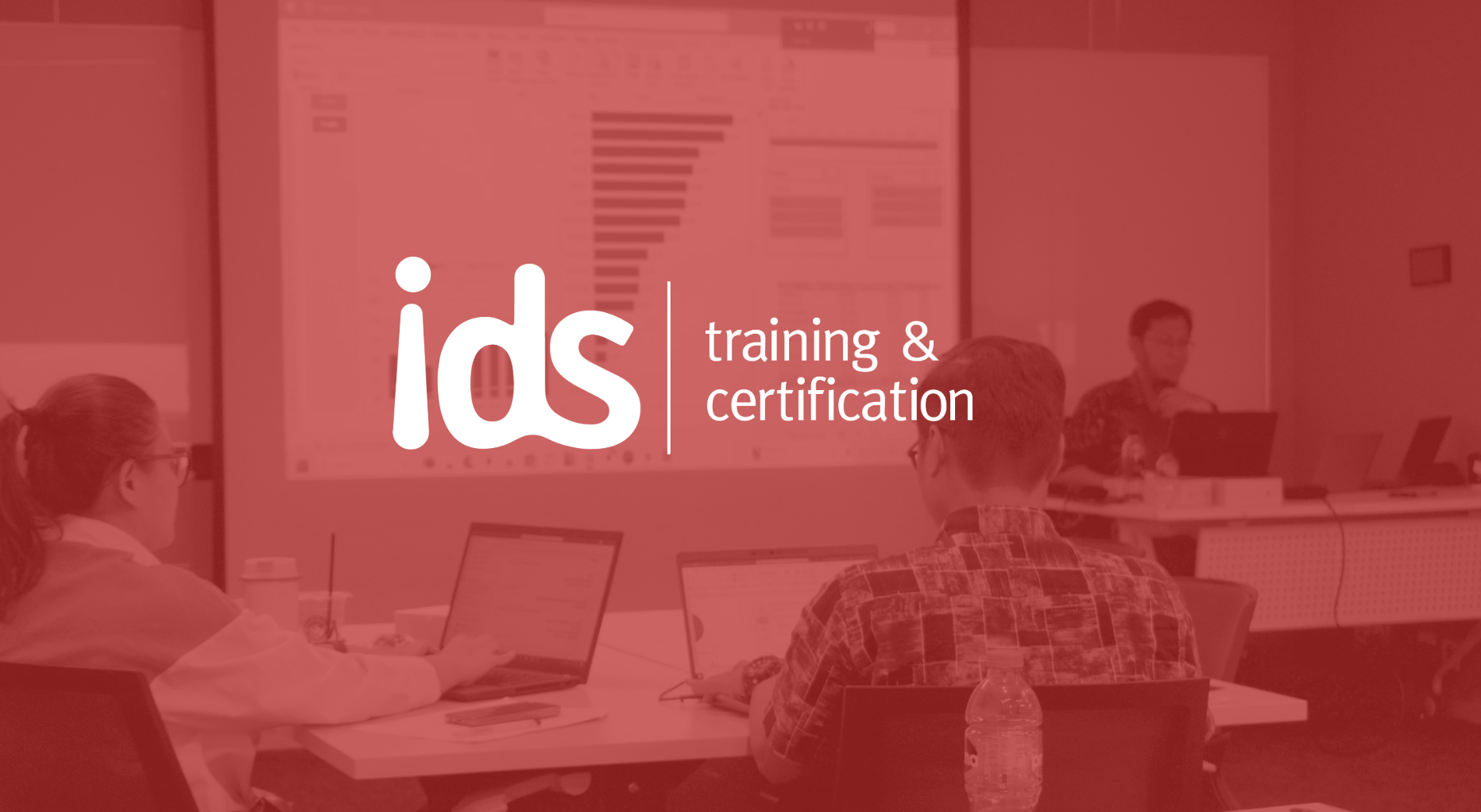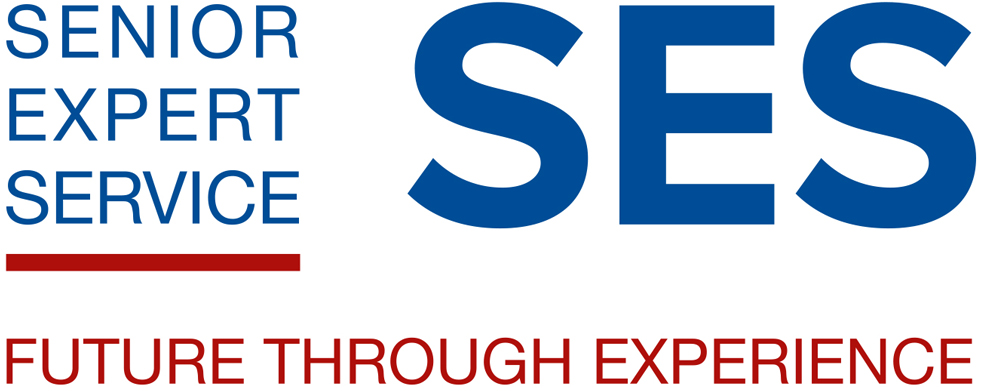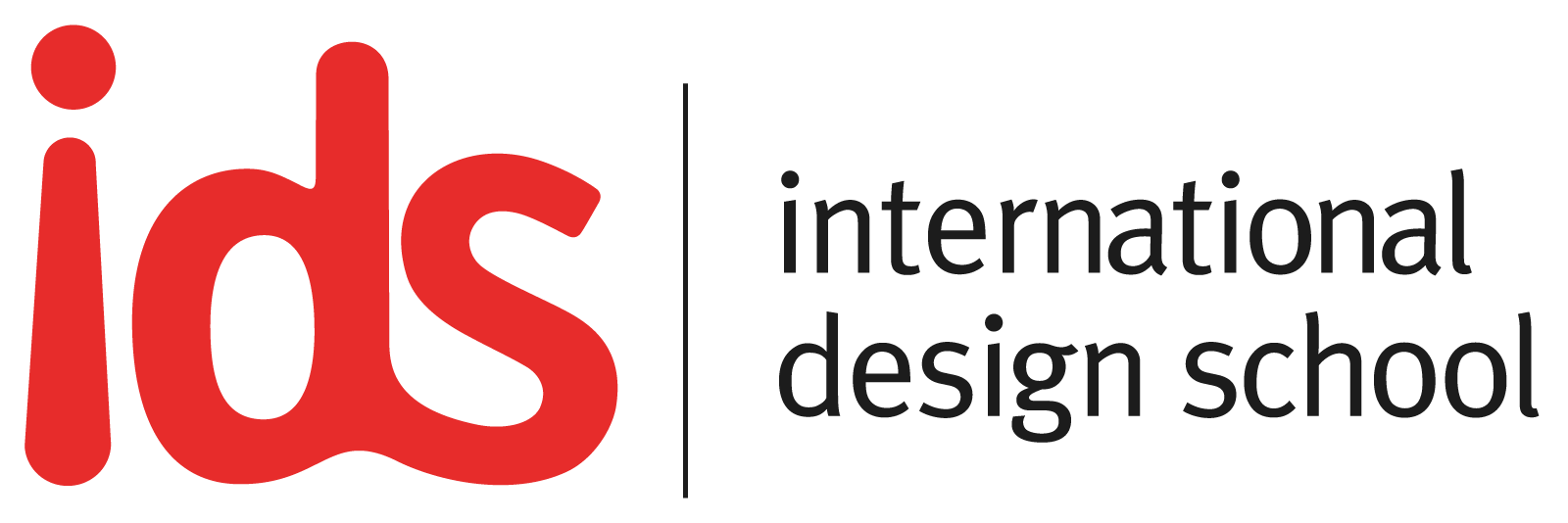Indonesian HR Strategy to Optimize the Potential of AI in the Future Workplace

Artificial Intelligence (AI) is no longer merely an operational tool—it has become a transformational force in how organizations redesign work, develop talent, and create business value. In Indonesia, this transformation is being experienced not only by multinational corporations but also by tech startups and mid-sized companies adapting within the digital ecosystem. This article explores strategic steps that HR leaders can take to optimize the potential of AI through a human-centered approach, based on reports by the IBM Institute for Business Value (2023), Harvard Business Review (2025), and contextual studies from Indonesian organizations.
AI and Structural Shifts in the World of Work
According to IBM IBV (2023), 40% of the global workforce is projected to require reskilling within the next three years due to AI and automation adoption. This indicates a major shift in the division of labor between humans and machines. In Indonesia, the impact is beginning to be seen in sectors such as technology, logistics, and customer service, where repetitive operational roles are being replaced by automated systems.
However, according to Jen Stave et al. (2025), the new wave of agentic AI not only automates work but also expands human roles in strategic and creative decision-making. Therefore, HR must be a driver of change—not merely a policy administrator.
4 Strategic Actions for HR to Optimize AI
The IBM IBV report outlines four key actions that HR leaders can take:
-
Prioritize with Clear Purpose HR must map core business processes, identify skill gaps, and redesign job roles based on future needs. In Indonesia, this can start with the IT or HR teams as a proof of concept.
-
Lead with an Adaptive Operating Model Organizing work based on customer value streams instead of functional structures will enable cross-team collaboration. Process mining can help Indonesian HR teams identify bottlenecks and areas ripe for transformation.
-
Make Work More Meaningful IBM’s 2023 study shows that employees prioritize impactful work over flexibility or autonomy. HR can use digital feedback tools and AI-powered career mapping to enhance job satisfaction.
-
Invest Equally in Talent and Technology Reskilling goes beyond technical training to include competencies such as collaboration, communication, and work ethics. In Indonesia, this approach is particularly relevant given the current state of digital talent readiness (Afriani & Putri, 2023).
Challenges and Realities in Indonesia
Despite AI's potential, this transformation is not without obstacles. Research by Afriani & Putri (2023) on tech startups in Jakarta highlights challenges such as limited budgets for AI systems, low digital literacy at the managerial level, and the absence of a structured digital transformation roadmap.
Moreover, organizational cultures that remain bureaucratic hinder the adoption of cross-functional and agile work models. Thus, HR must act as a facilitator of cultural change, not just a designer of SOPs.
Human-Machine Partnership: The Future Model of HR
Human-machine collaboration lies at the heart of the future workforce. In this model:
-
Machines handle scalable tasks like reporting and predictive analytics.
-
Humans focus on empathy, creativity, decision-making, and leadership.
IBM HR (2023) successfully implemented this model by integrating digital workers to support the promotion process, increasing efficiency and allowing managers to take on more strategic roles. In Indonesia, a similar approach can be applied to administrative functions such as attendance, initial recruitment, and training data management.
Recommendations for HR in Indonesia
-
Foster a Culture of Experimentation A work culture that does not punish failure encourages faster AI adoption. IBM refers to this as an open innovation culture, which has been shown to increase revenue growth.
-
Redefine the Role of Middle Managers In the future, managers will shift from administrative overseers to coaches and strategic connectors. Therefore, investing in coaching skills, AI literacy, and data-driven decision-making is essential.
-
Focus on Work Impact When employees feel their work is meaningful, engagement and retention increase. HR must link individual goals to organizational goals, supported by transparent and personalized tech systems.
-
Leverage Ecosystem Partners for Upskilling If internal capabilities cannot meet skilling needs, HR can collaborate with external partners and digital learning platforms. This approach also aligns with Indonesia’s value of mutual cooperation (gotong royong).
Want your HR team to be AI-ready? Join the "HR x AI: Talent Strategy in the Automation Era" training by Training Indonesia. Learn practical ways for HR to play a strategic role in building human-machine partnerships, redesigning job roles, and leveraging AI ethically and impactfully.
Register now at training-indonesia.org and become a pioneer of transformative HR in Indonesia!
AI is not a replacement for humans—it is a tool that amplifies human capacity to create value. The main challenge for HR in Indonesia is not the technology itself but the ability to redesign structures, processes, and work cultures to be more adaptive and impact-oriented.
HR must take on the role of architect for the new strategy and employee experience—where technology and empathy go hand in hand. With a structured and human-centric approach, Indonesia can not only catch up but also lead the workforce transformation in the AI era.
References
-
Afriani, S., & Putri, R. I. (2023). Digital Transformation in Talent Management: Practical Analysis on Tech Startups in Jakarta. Jurnal Sains Manajemen, 12(1).
-
IBM Institute for Business Value. (2023). Augmented Work for an Automated, AI-Driven World. https://www.ibm.com/thought-leadership/institute-business-value/report/augmented-workforce
-
Stave, J., Kurt, R., & Winsor, J. (2025). Agentic AI is Already Changing the Workforce. Harvard Business Review. https://hbr.org/2025/05/agentic-ai-is-already-changing-the-workforce
-
Goldstein, J. et al. (2023). 4 Actions HR Leaders Can Take to Harness the Potential of AI. Harvard Business Review. https://hbr.org/sponsored/2023/11/4-actions-hr-leaders-can-take-to-harness-the-potential-of-ai
-
Photo by Tara Winstead: https://www.pexels.com/photo/clear-mannequin-on-dark-blue-background-8386365/
Related News
EKONID Human Capital Club Explores Key Workforce and Engagement Trends for 2025
On July 25, 2025, The German-Indonesian Chamber of Industry and Commerce (AHK Indonesia/EKONID) hosted its latest Human Capital Club under the theme “Workforce Trends and Employee Engagement 2025”
EKONID Human Capital Club Kupas Tuntas Tren Keterlibatan Karyawan dan Strategi SDM 2025
Jakarta, 25 Juli 2025 – Kamar Dagang dan Industri Indonesia–Jerman (AHK Indonesia/EKONID) kembali menggelar Human Capital Club bertajuk “Workforce Trends and Employee Engagement 2025.
Strategi HR Indonesia Mengoptimalkan Potensi AI di Tempat Kerja Masa Depan
Artificial Intelligence (AI) bukan lagi sekadar alat bantu operasional, tetapi telah menjadi kekuatan transformasional dalam cara organisasi mendesain ulang pekerjaan
Menavigasi People Analytics: Peluang dan Risiko dalam Transformasi HR di Indonesia
Di era digital, organisasi semakin menyadari pentingnya pengambilan keputusan berbasis data untuk mengelola sumber daya manusia (SDM) secara efektif. Salah satu pendekatan yang kini populer adalah Peo
Navigating People Analytics: Opportunities and Risks in HR Transformation in Indonesia
In the digital era, organizations are increasingly aware of the importance of data-driven decision-making in effectively managing human resources (HR).
